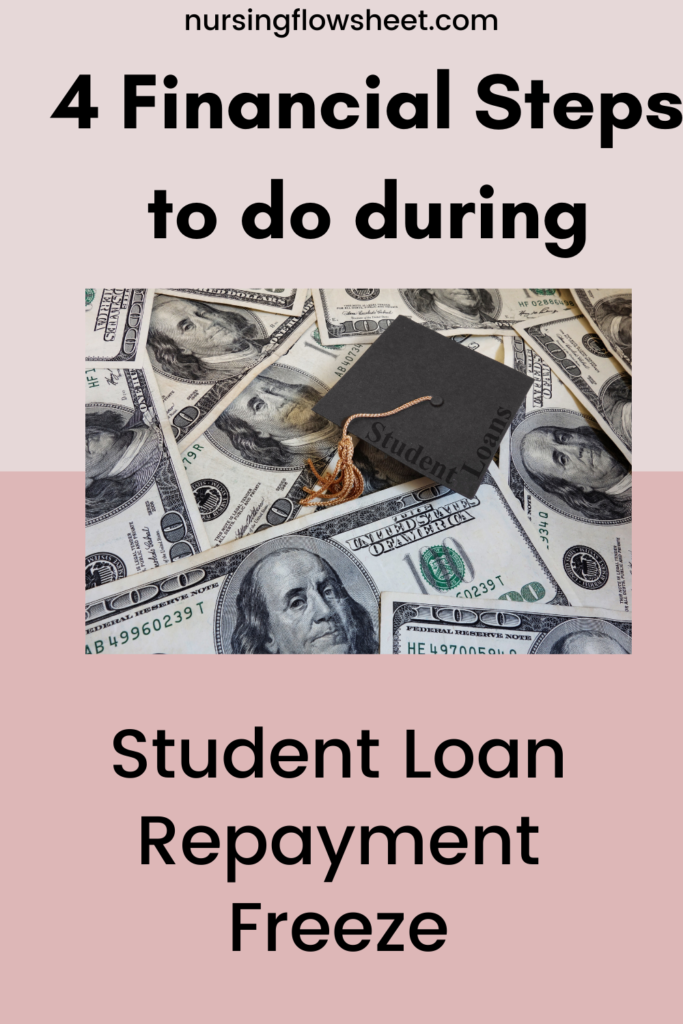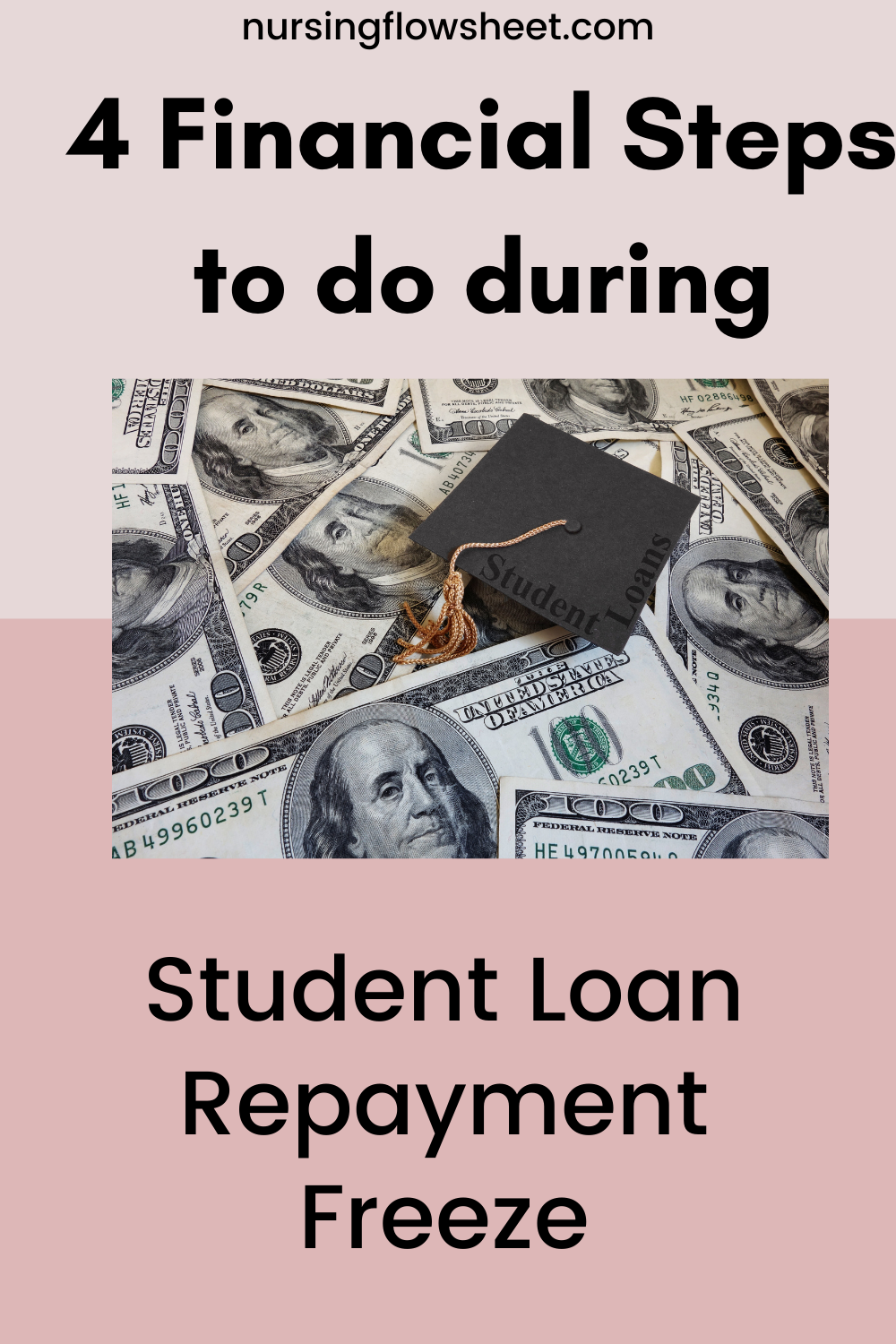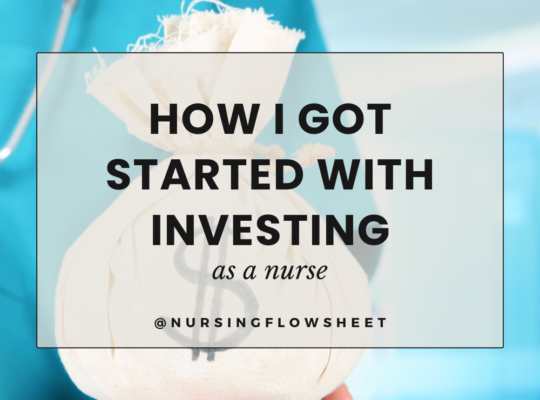On Wednesday last week, there was news that President Biden pushed back the federal student loan moratorium until Aug. 31. This extension means over 43 million Americans can put off repaying their federal student loans even longer without accruing any additional interest.
That is good news for most people as student loans account, Federal student loans make up the vast majority of American education debt—about 92% of all outstanding student loans is federal debt. The federal student loan portfolio currently totals more than $1.6 trillion, owed by about 43 million borrowers.
The pandemic as well as record-high inflation rates, it will give most of Americans a breathing room for a moment.
So what can you do in less than 150 days until the next deadline to set yourself up for financial success?

What you should do between now and Aug. 31
First of all, contact your federal loan servicer to confirm your ongoing eligibility for the pause and discuss options for handling repayment once the moratorium ends.
After you are done with that you can do these steps to get your financial house in order:
Start your Emergency Fund
Life can be crazy and unpredictable, in ways we cannot even imagine especially during the last two years dealing with this pandemic. Most people got laid off, lost their jobs and unable to cover their basic finances.
According to new data from GoBankingRates, 69% of Americans have less than $1,000 saved in cash…and a staggering 45% have $0 in savings.
That is very shocking.
Building an emergency fund is vital to building wealth and having that safety financial net whenever an emergency happens.
READ: Why you need an emergency fund
Pay off High Interest Debts
All debt is not created equal. There are some with higher interest rate. When you look at all your debt including mortgage, student loans, credit card bills ~ keep an eye on the interest rate. Prioritizing debt with the highest interest rates (anything over 5%) is something that you should probably do during this student loan repayment freeze.
Here are some debt repayment strategies
Start investing
With the extra money you have, you may want to start investing slowly. Time in the market is very important when it comes to building wealth. Saving money is not enough to build wealth. Investing is one way to beat inflation and to make your money work for you
Investing doesn’t need to be complicated. You can start with whatever money you have. Start with a tax-favored account like your employer offered 401k, open a ROTH IRA account. Investing is a big topic and i have a course that will teach you what you need to know about investing for long term.
If you want to get started on investing: Read How to Invest as a Healthcare Professional
Get ahead on your student loans by paying it off
You’ll also want to educate yourself on all your repayment options. It could make sense to get aggressive with extra payments or even consider student loan refinancing to score a lower APR.
If you pay more towards your student loan balance now while interest isn’t accruing you should be able to save more in the long term: when the moratorium ends the interest is accruing will be on a smaller principle balance, meaning less interest charges overall.
I refinanced my student loan through SOFI STUDENT LOAN REFINANCE before paying it off in 2020. One thing to keep in mind though is after you refinance a federal student loan to a private loan, you may not qualify for some student loan forgiveness programs.
In conclusion,
So if you have student loans and benefitting from the moratorium, it’s best to create a plan to begin repayment once the moratorium lifts. By doing that, you can feel confident that you can crush your student loan debt.






